Hi there! It’s Vivian, your BodyFit by Amy dietitian, here to help you navigate the overwhelming and confusing world of nutrition and wellness.
As I explored topics for this week’s newsletter, I knew I wanted to do some myth-busting. But, I quickly became overwhelmed with the amount of nutrition “hacks” floating around on social media. From oat-zempic, rice-zempic, and berberine being touted as ‘nature’s Ozempic,’ to hydrogen water, baking soda water, lemon water, kangen water, mineral water, salt water, stream water, all the way to… drinking your own AGED URINE for the sake of health (I wish I was joking here, I really do), I quickly realized that there is too much to myth bust.
Instead of myth-busting one topic, I’d like to share some tips on how to spot online nutrition misinformation, quackery, and pseudoscience. With SO much information at our fingertips, it’s easy to fall prey to misleading and dangerous advice. So, let’s talk about how to spot shady nutrition advice so you can decipher what you see and evaluate whether it makes sense for you, your family, and your safety.
01: Is it too good to be true?
“Today, you will discover a forgotten artery-cleansing island remedy used for centuries off the shores of Greece to scrub your arteries clean, combat high blood pressure, lower your cholesterol, and enjoy more energy, mental clarity, and libido as a result of fresh new blood surging through your body like a bullet train.”
Is there a more enormous red flag out there than when one “hidden” and “tOtAlLy nAtUrAl” cure from an exotic island can heal EVERYTHING like your heart, your sex life, AND your brain? Also, notice the extreme phrases like “scrub arteries” and “FRESH new blood SURGING like a bullet train.”
Listen, I’d love it if there was indeed an undiscovered cure to ALL our woes in the depths of the Mediterranean Sea. It sounds so ✨ fresh, natural, and exotic, doesn’t it? ✨ But let’s face it, health is complex, and there’s more to it than “ONE” secret miracle ‘thing’ to fix everything in your life.
The takeaway here? Be careful with extreme language that promises quick and dramatic results. Claims like “Lose 10 pounds in a week!” or “Cure your chronic illness with this ~ONE~ food that no one wants you to know about!” should immediately raise your eyebrows.
02: Does this person have any credentials, education, or verifiable training?
“I have two decades of experience in bio-hacking, and I WILL help you unleash your superhuman with my custom-designed supplement protocol.”
Hmm… I can’t say I’ve heard of a credential or training program called biohacking, but I am impressed with the creativity of using biology’s acronym and merging it with a very trendy TikTok word: hacking.
And, hey, wouldn’t I love to pop a pill and become a superhuman? That definitely ~doesn’t~ sound too good to be true, am I right? 🤨
There are many self-proclaimed “biohackers” and nutrition experts with zero training, education, or credentials who have big opinions about nutrition. We can have opinions, but that does not make us experts. Just because I have an opinion about which car I like does not mean I should educate people on how to build or replace car engines. That would be dangerous!
Unfortunately, a few credentialed professionals, such as doctors and registered dietitians, spread misinformation on social media, too. I recommend checking the person’s qualifications and paying attention to the other red flags discussed here. Most Registered Dietitians (RDs) and Dietitian Nutritionists (RDNs) have the training and credentials to provide evidence-based information while factoring in nuance. Various physicians (MD or DO credentials) with a significant online presence provide excellent and helpful nutrition advice. Some professionals do not possess credentials in nutrition yet provide valuable, evidence-based information, too! Regarding who to trust, be on the lookout for extreme language, miracle cures, quick fixes, secret cures, and a fear-based or shame-based approach to foods. If you spot these, you may want to walk away!
03: Demonizes or Glorifies Specific Foods
If you see THIS ingredient at the grocery store, PUT IT BACK! It is LITERALLY killing your family!
Are some foods more nutritious than others? Of course. That said, those who love nutrition quackery love to take an all-or-nothing approach. They might tell you to completely avoid certain foods or claim that one food is the answer to all your problems. In reality, no single food will make or break your health. I’ve seen many food demonizers parading around grocery stores yelling about ‘tOxIc cHeMiCaLs,’ shaming shoppers for what they have in their carts, and terrifying social media users about perfectly safe foods.
Remember, fear and sensationalism sell EXTREMELY well and make online content spread like wildfire. Fear-based marketing is a common tactic among nutrition quacks. They might use scary statistics or exaggerated claims to make you believe you need their product or advice to stay healthy. Remember, health is about the big picture, not fear.
04: Pushing Supplements
OMG, you guysssss!!! This supplement is SUCH a game-changer – I’m obsessed! ✨ Seriously, my _____ has never looked THIS good! Get 15% OFF with my CODE! You are going to LOVE it.
Ah, yes. The supplement-happy crew. Many influencers with large followings are paid to promote green powders, hair and nail growth supplements, probiotics, and vitamins. While not all the products promoted are “bad,” you may want to take the claims of “it changed my life” with a grain of salt if the person saying this is partnering and receiving financial incentives for promoting said product.
Here’s another tactic to be watchful of. If someone is trying to sell you their special (and lab-made) supplements or powders while saying that we should eat only REAL food, walk it out. This is the epitome of hypocrisy. You are telling me I should eat ONLY real foods as I would find them in nature, and everything in a package or box is bad for me—EXCEPT for your shotty purple powder in a container—that one is fine, and I actually need it to be alive.
Yeah, okay. Your fat-burning metabolic booster powder sounds ~totally~ natural and like real food there, buddy-boo. 🙄
As a dietitian, I know first-hand that many supplements are super beneficial! But remember, the supplement should be high quality (third-party tested) and meant to supplement your diet, not replace whole foods.
05: Lacks Scientific Evidence
“Everything you’ve been told about the science of how to eat is a lie, so I’ve spent years doing my OWN research, and everything you think is right is wrong.”
Gotta love the veracious ones! Somehow, they cracked the code and are here to tell us that years of excellent data don’t stand up to their ‘secret’ and ‘true’ knowledge.
Is science perfect? No. But, legitimate nutrition advice is grounded in science. Be cautious of anyone who dismisses established research or relies solely on anecdotal evidence. Be skeptical if they make big claims but cannot back those claims up with solid science.
Navigating the world of nutrition can feel like a daunting task, especially with so much conflicting information out there. But by using these tips, you can separate the credible advice from the quackery. Remember, when something sounds too good to be true, lacks solid credentials, demonizes foods, pushes miracle supplements, or dismisses science, you may want to do a double-take.
If you are feeling overwhelmed and confused with all the nutrition information and are struggling with deciphering what’s true or not, join me in the BodyFit Athletic Club, where you can ask me your exact questions to stop being confused and start feeling confident!

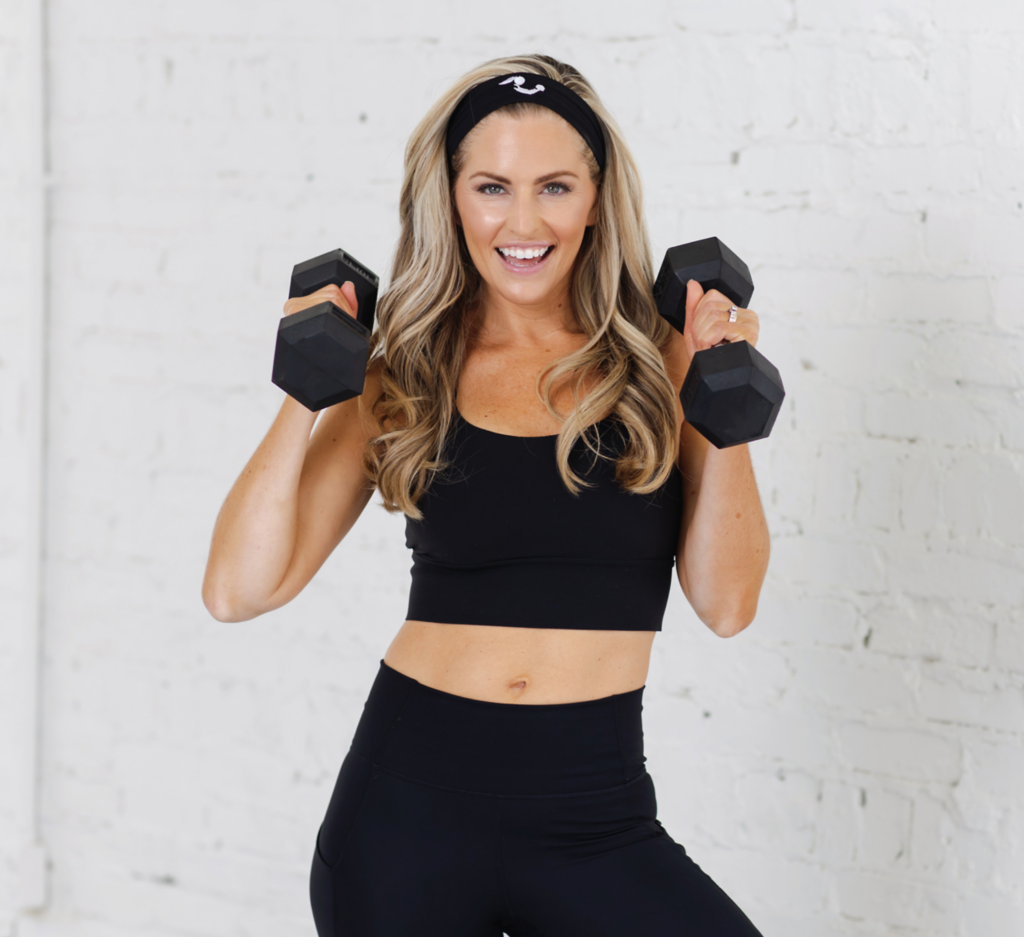
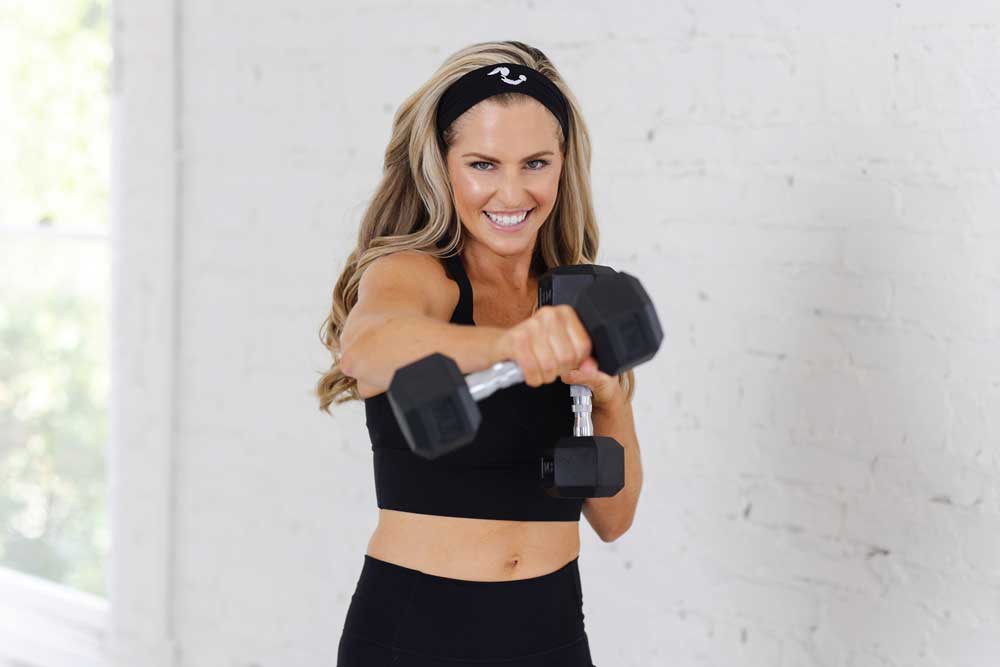
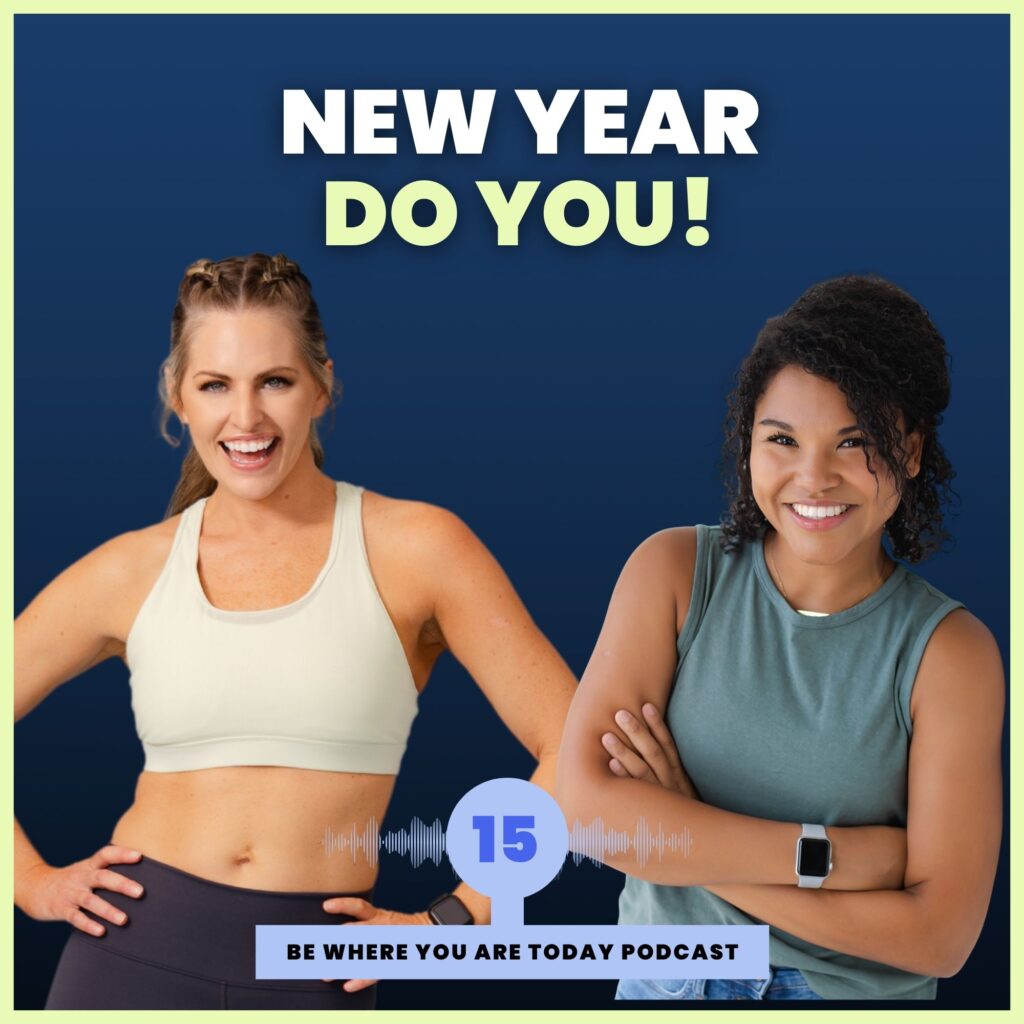
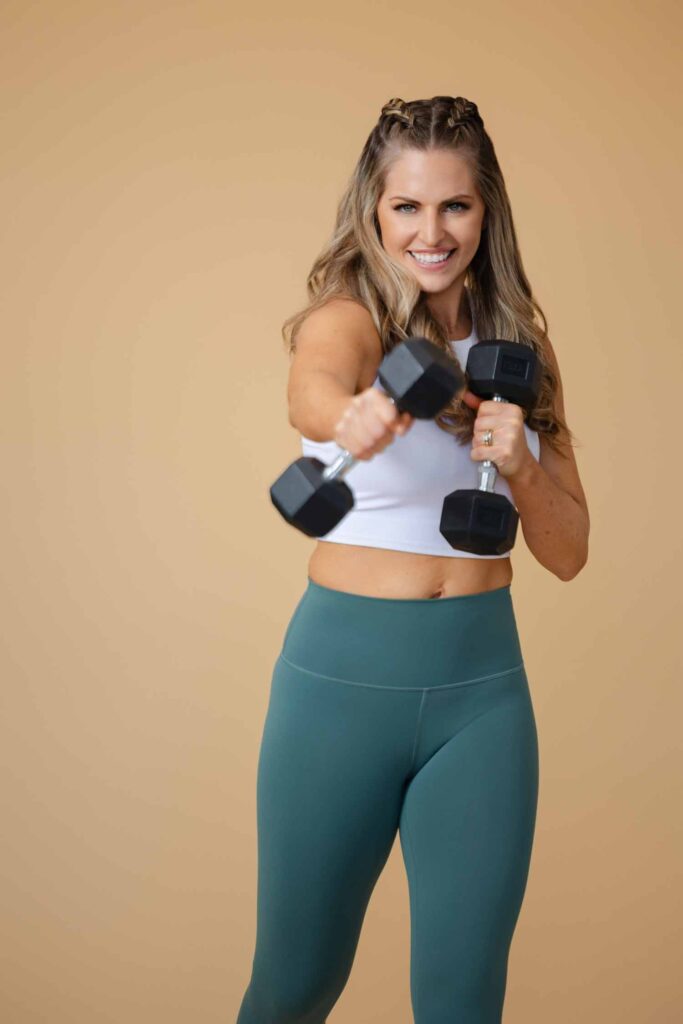
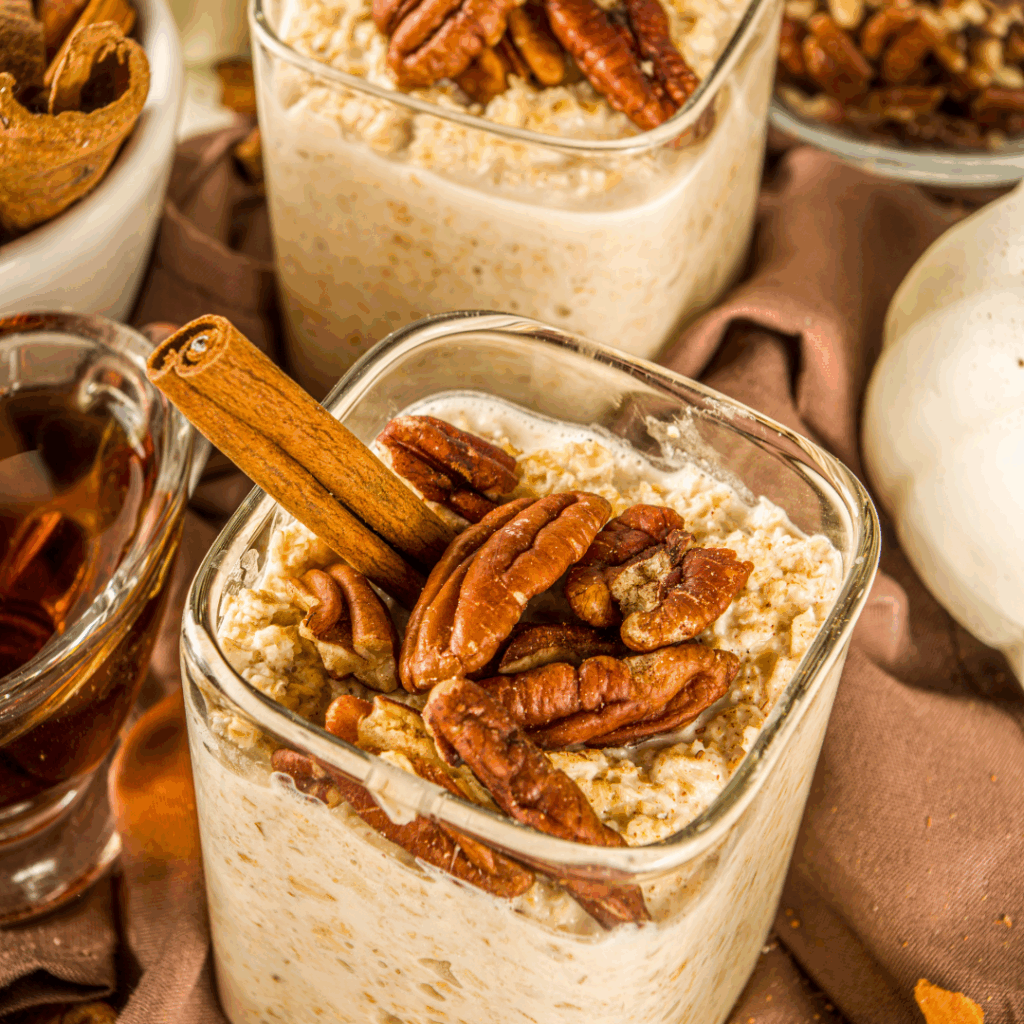
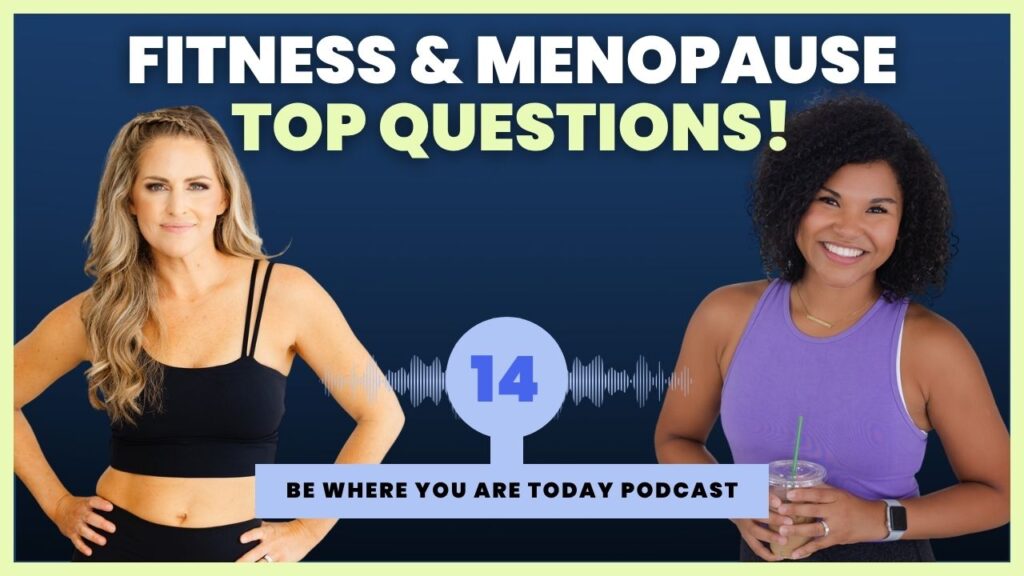
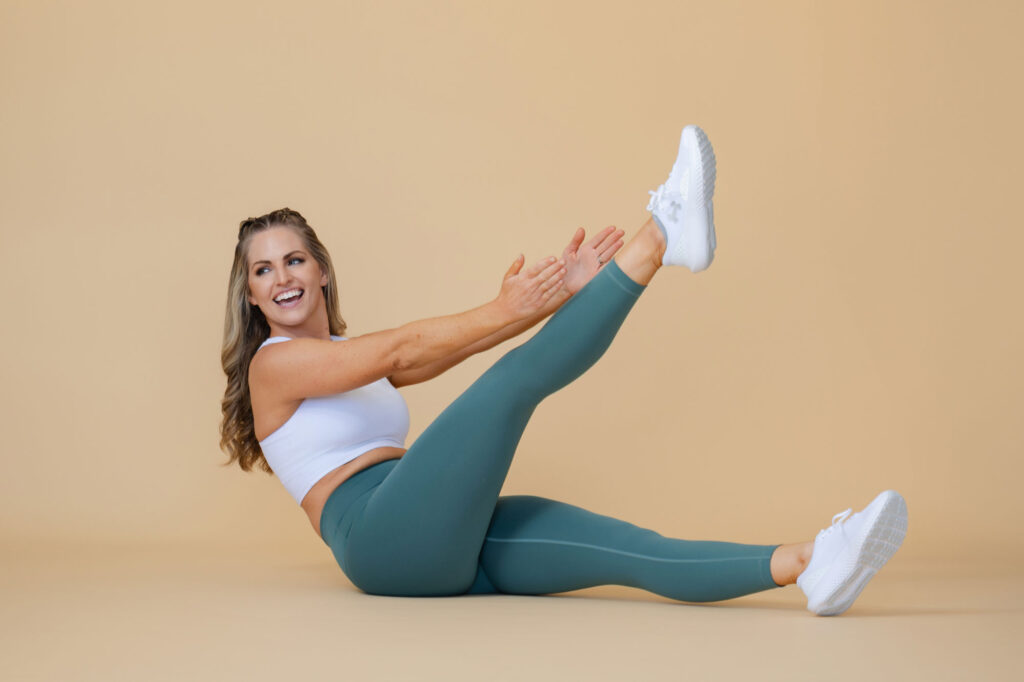
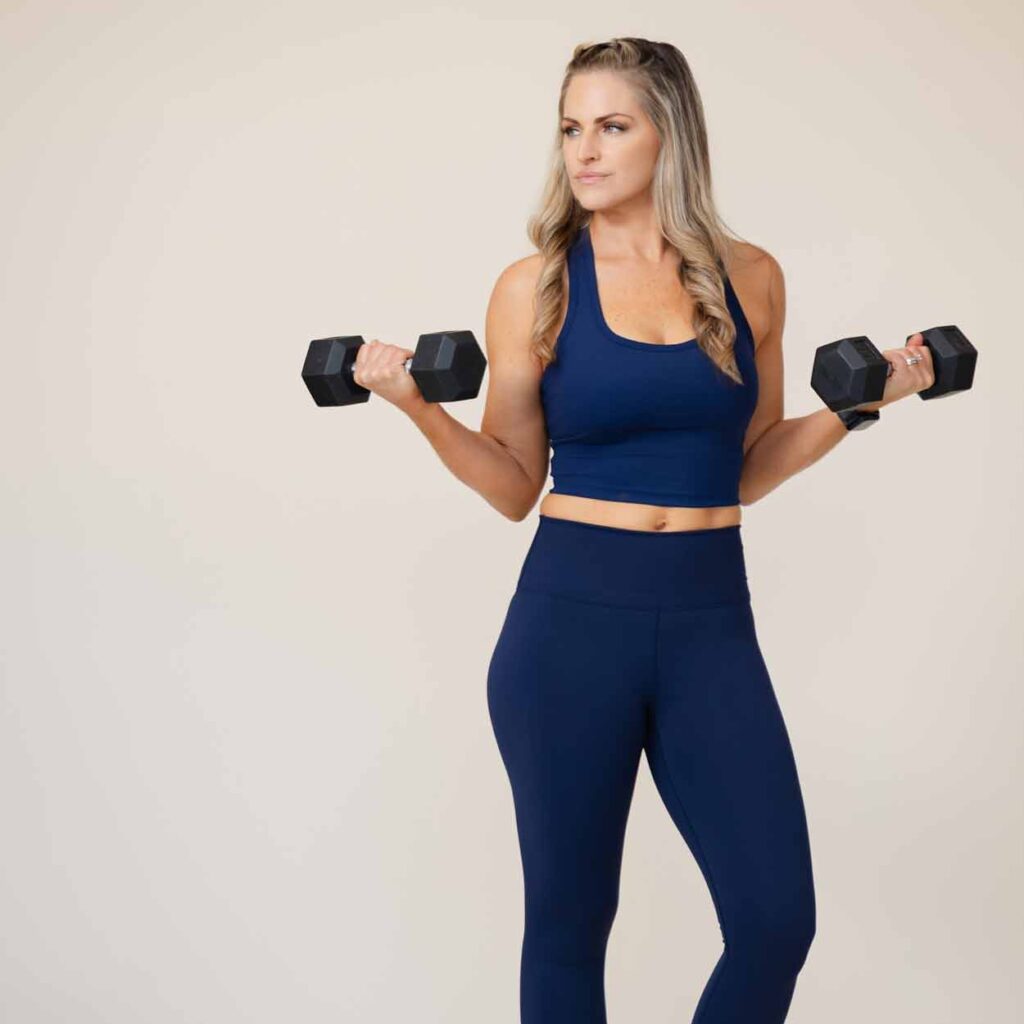
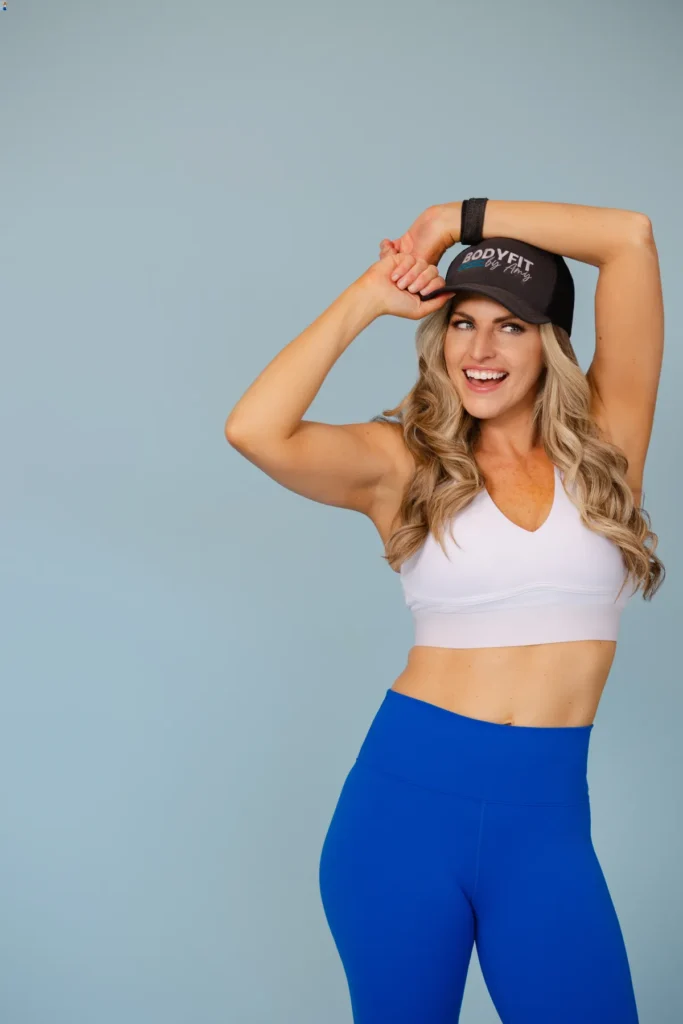

Leave a comment
Thank you for this informative article. I am no longer a member of the body fit club however still do the workouts with Amy on YouTube.
Do you work with clients that are non-members one on one for coaching?
I do! Email me at info@bodyfitbyamycom